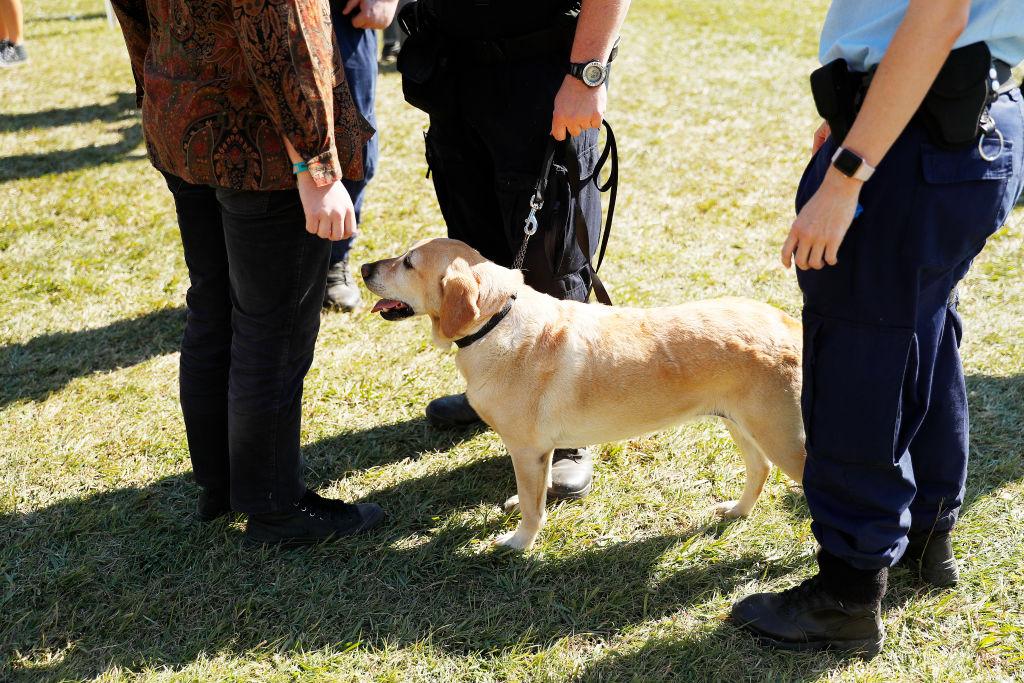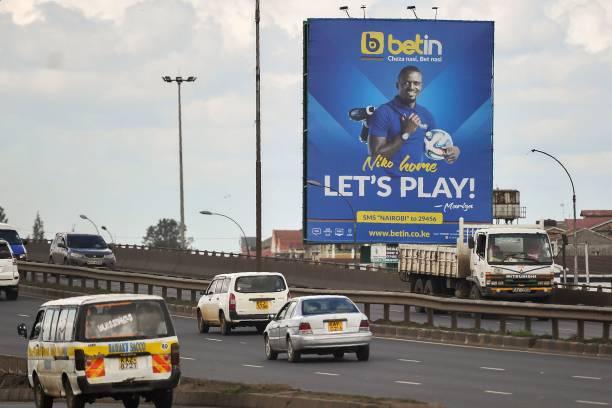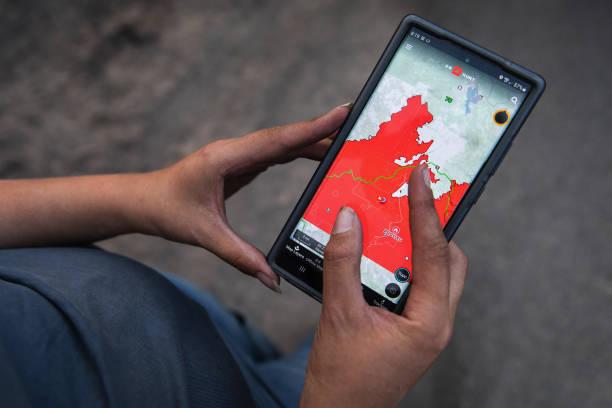The findings of a landmark inquiry into strip-searching practices of the New South Wales Police will be revealed when the law enforcement watchdog delivers its final report to state parliament.
The Law Enforcement Conduct Commission (LECC) announced an investigation into the use of power by police officers to conduct strip searches in 2018 after it received complaints and anecdotal information from community organisations.





